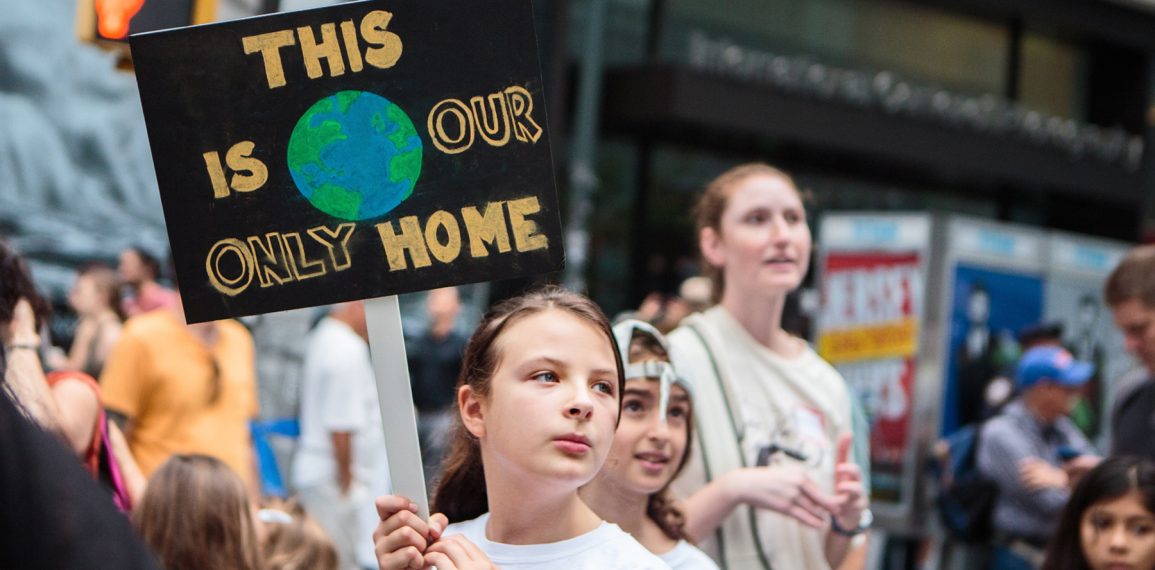Climate Justice, Energy Sovereignty and a Social Ecological Transition
April 30, 2016
By AEPF Working Group, Sitftung Asienhaus, May 2, 2016
The climate movement has picked a struggle it seemingly can not win: 80 per cent of all fossil fuels have to stay in the ground if to avert catastrophic climate change yet fossil fuels remain a large share of the global energy sources; science demands a substantial cut in global emissions within a few years yet bold policies and global treaties are missing; policy makers invite business and corporations to round tables and global negotiations while business strongly oppose any far reaching climate policies; while new fossil fuel mega projects are in the pipeline millions of people lack access to affordable clean energy.
And yet the climate movement has grown substantially in the past decade: Opposing new mega projects, resisting against the fossil fuel’s industry to dig deeper and further, lobbying governments and politicians to ban environmentally destructive practice, and raising voices of those mostly affected climate change, Naomi Klein has coined the term “blockadia”. But blocking every single coal fired power plant will neither be possible nor will it lead to the substantial change needed. Climate change is not only a matter of keeping carbon in the ground or merely a matter of staging loud protest every time climate deals are sealed. It is a question of social justice, a question of power and it demands nothing less than a systemic change in production and consumption patterns, fundamentally addressing power relations between and within countries.
The climate movement is currently at the stage at which it has to move out of its climate silo and link up with other struggles. Struggles for freedom of movement, the fight against gentrification, austerity measures and cut in public services, protest against corporate influence or the need to avert another free trade agreement are important battles. People need to have the right to safely cross borders, whether they flee from war torn countries or whether the loss of livelihoods and environmental destruction is the driving force. The fight against rising prices for basic needs such as housing, transport or medical treatment are in line with the struggle against rising costs for energy for basic human needs. And the resistance against corporate influence, whether it is in secret trade negotiations or global or national legislation processes, is similar to the one against energy corporations seeking profit by wrecking the climate, receiving state subsidies and transferring prices to consumers.
The struggle for climate justice is about making sure that fossil fuels remain in the ground. But it is also about making sure that those people affected have voice in decision making processes. People need to be able to have a say on whether a new coal fired power plant is being build, on what kind of jobs are needed, or how we can move away from a system of resource exploitation and environmental destruction and what a just transition shall look like.
In Europe, radical movements for climate justice have emerged that work with civil disobedience strategies, energy democratisation initiatives and deinvestment. We reject the European Unions claim to be a “leader” in the fight against climate change. While European countries congratulate themselves for timid support of renewable energy, the same companies, banks and governments are investing heavily in new coal and extractive industries in Asia, for example in Indonesia and Mongolia. European movements need to connect up with Asian activists to confront this hypocrisy and to transnationalise their strategies. There is also a lot to be learnt from each other in terms of successful initiatives and modes of resistance. More fundamentally, we need to discuss and perhaps reconcile different perspectives – including resource nationalism, neo-extractivism, climate debt, degrowth and socio-ecological transition – in a way that reflects differential and uneven development. AEPF can be a platform to facilitate and initiate such a discussion.



